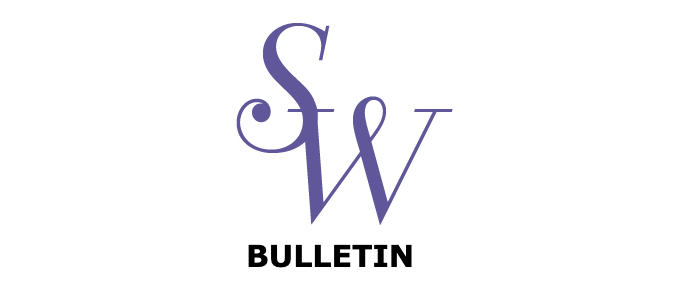FAQs for Employers Welcoming Employees Back to the Workplace
by Gerald Sauer and Sonya Goodwin
In anticipation of California’s economy opening back up on June 15, we have received many questions about how to welcome workers back into the office and what the current guidance is on COVID-19 related issues. While the guidance is ever changing, below are answers to some of the frequently asked questions. This is by no means an exhaustive list, and we encourage anyone dealing with issues related to employees returning to the workplace to contact us, as each employer’s situation is different.
Can an employer require its employees to be vaccinated?
Yes. Under both the federal EEOC and California DFEH guidelines, employers can require employees to be vaccinated in order to return to the workplace, with limited exceptions. Employers must provide reasonable accommodations to employees who cannot get vaccinated due to a medical condition or disability, or because of sincerely held-religious beliefs, unless doing so would create an undue hardship.
Can an employer require proof of vaccination?
Yes. An employer can require proof of vaccination before allowing employees to enter the workplace. However, as stated above, employers must accommodate individuals who cannot get vaccinated due to a medical condition or disability, or a sincerely-held religious belief. Employers should inform employees to not provide any additional medical information, such as diagnoses or medical conditions, when showing proof of vaccination.
What are the current mask requirements in the workplace?
Even though on June 15 vaccinated individuals will not be required to wear masks in many settings, Cal/OSHA’s (the agency that creates and implements the rules for workplace safety) current rules require that all workers wear masks in the workplace, unless an employee is alone in a room; when eating or drinking; when using a respirator or other respiratory protection; when an employee cannot use a face covering due to a medical or mental condition; if hearing impaired or communicating with a hearing-impaired person; or when specific work tasks cannot be performed with a face covering. Other measures to protect against COVID-19 infection must be implemented when face coverings cannot be used. Additionally, employers are required to provide employees with face coverings, or cover the costs. However, Cal/OSHA recently drafted revised rules, which are expected to be voted on and approved later this week and become effective by the end of the month. The revised rules would not require fully vaccinated individuals to wear masks in the workplace.
Can an employer mandate that all employees wear masks even if the state does not require it?
Yes. Even if it is not required in the workplace after Cal/OSHA revises its rules, the state’s rules allow individual establishments to set stricter rules. This means that employers can mandate that all employees wear masks.
What are the current physical distancing requirements in the workplace?
Employers need to ensure that employees can maintain 6-feet physical distance, except when employees are briefly walking past each other, such as in a hallway. If physical distancing is not possible, employers are required to install solid partitions, such as Plexiglass, at fixed work stations. However, the recently revised Cal/OSHA rules, if passed, would not require physical distancing.
Can an employer require employees entering the workplace to take a COVID-19 test?
Yes. Per the EEOC and DFEH guidelines, employers can require employees to take a COVID-19 test before entering the workplace because it is “job related and consistent with business necessity.” However, employers should maintain test results in a confidential medical file, compensate employees for their time taking the test, and pay for all costs associated with taking the test.
Because the workplace rules regarding COVID-19 are constantly changing, you should always seek legal advice before implementing any policies or practices concerning this topic.
If you have any questions, please do not hesitate to contact Gerald Sauer or Sonya Goodwin.

